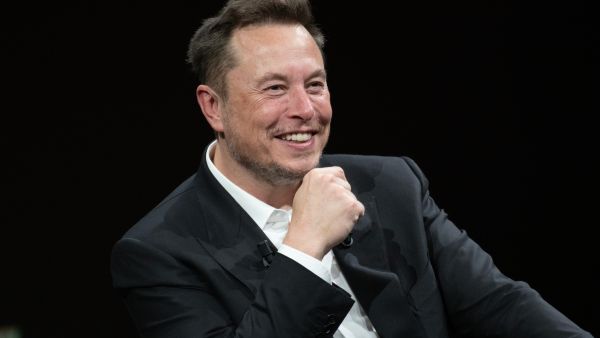AKBAWABA - In a recent podcast interview on Joe Rogan's show, tech magnate Elon Musk, known for his ownership of Tesla and SpaceX, delivered a stark warning.
Musk cautioned that if AI were to be harnessed by certain factions within the environmentalist movement, it could spell doom for humanity as they might deploy the technology to protect the planet, potentially leading to humanity's extinction.
However, Musk's dire prediction has not been without its detractors. Former UK Deputy Prime Minister Nick Clegg, now the Chief of Global Affairs at Meta, the parent company of Facebook and Instagram, argued that such futuristic speculation often overshadows more immediate concerns.
Musk argued, "If you start believing that people are inherently malevolent, the logical outcome is that they must perish. If AI is programmed by extinctionists, its primary mission would be the eradication of humanity, without any consideration of the moral implications."
Although there is a limited agreement with Musk's viewpoint on AI's threats to humanity, there is a broader consensus regarding the potential dangers associated with artificial intelligence.
In anticipation of the summit, Demis Hassabis, co-founder of Google DeepMind and a prominent figure in the UK's AI landscape, advocated for a more measured and responsible approach to AI development.
Hassabis urged against adopting the Silicon Valley ethos of "move fast and break things," which, while successful in creating tech giants and delivering innovative applications, may not be suitable for the realm of artificial intelligence.
Hassabis asserted, "This approach has undeniably led to the creation of colossal corporations and the provision of remarkable services and applications. However, artificial intelligence is a distinct realm, and there remains much work to be done in comprehending AI systems and employing them securely and ethically."
Hassabis also underscored one of the most pressing risks associated with AI: the potential for disinformation, deepfake technology, and malevolent actors exploiting AI for malicious purposes.
Over the next two days, Bletchley Park will host a gathering of 100 global leaders, tech executives, scholars, and AI researchers. Notably, Bletchley Park played a crucial role during World War II, as it was the site where scientists decoded Nazi ciphers, contributing significantly to the Allied victory.
The summit will delve into the practical applications of AI in areas such as drug discovery and climate change mitigation, while also addressing strategies to mitigate potential risks.










